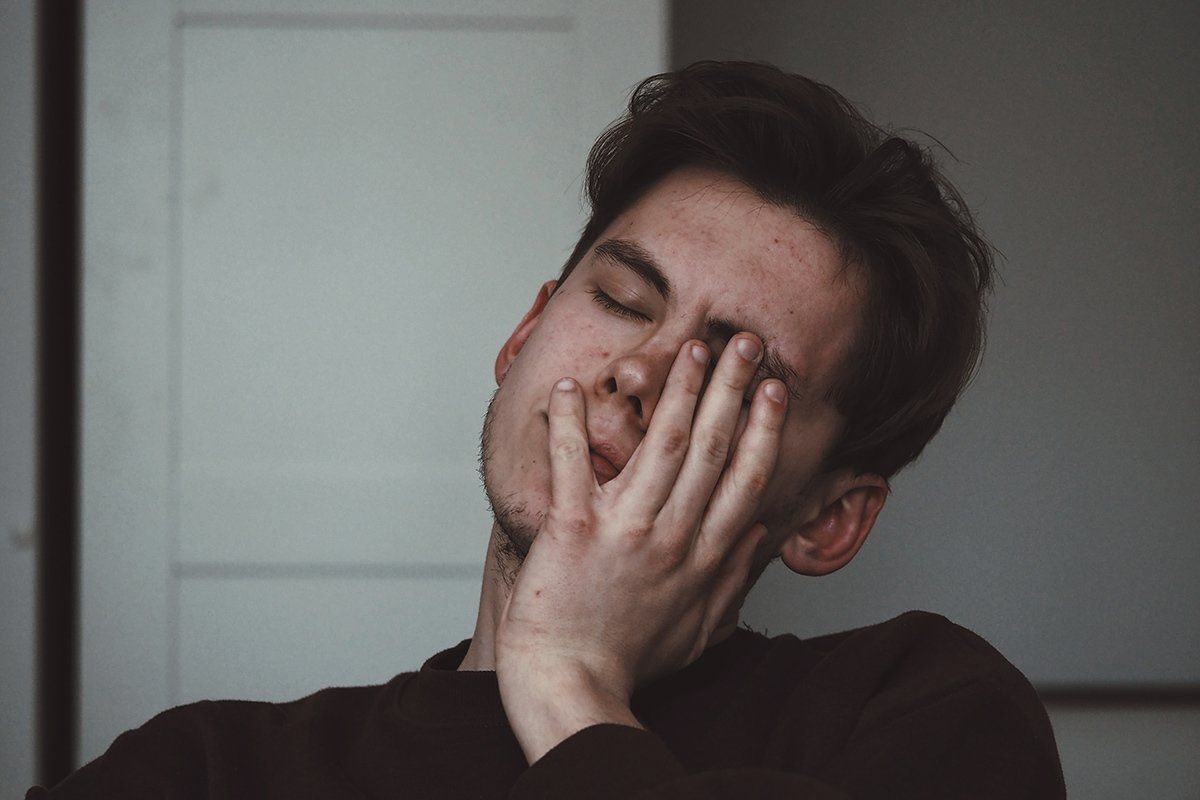Online or In-Person
Counseling and psychotherapy for individuals with PTSD, Betrayal Trauma, Resentment, Anxiety and Depression.
Anxiety Is Different From Depression, but What Are the Key Differences?
Let's discuss the key differences between anxiety and depression.

What is Anxiety?
According to psychiatry.org, anxiety disorders are the most common mental disorders. Feeling anxious is a normal emotion. Likewise, fear and worry are healthy emotions that help the body prepare to react to situations. However, if these emotions become excessive, they begin to interfere with daily life. When ongoing emotions interrupt everyday life, it becomes diagnosable. In other words, your uncontrollable fear-based, racing thoughts may be due to anxiety.
There are also physical symptoms of anxiety. For example, being in a constant state of "fight-or-flight" can be exhausting. Other examples can include a fast heart rate, high blood pressure, and shortness of breath. The inability to sleep and irritability are also common symptoms.
How is Depression Different from Anxiety?
According to the APA, depression is a common mental illness that negatively affects how you feel.
Symptoms of depression can include:
- feeling excessive sadness
- loss of interest in things you used to enjoy
- sleeplessness or oversleeping
- loss of appetite
- lack of energy
- intense feelings of guilt or shame
- contemplation of suicide
If you have symptoms that last more than two weeks, you may have depression. Ongoing depression can lead to further physical and emotional issues. For example, a lack of interest in things can lead to fears of relationship or job loss. As a result, you may begin to develop symptoms of anxiety, too.
If you, or someone you love, are having suicidal thoughts, please reach out for help. With help, peace and happiness can be yours.
What are the key differences between anxiety and depression?
Let's compare a few of the differences between anxiety and depression:
- Anxiety is about excessive worry. It's common to have uncontrollable fears that something bad is going to happen. People with depression can have overwhelming thoughts of hopelessness or feeling worthless.
- Those who are anxious are likely to isolate to avoid adding more worry to their thoughts. On the contrary, depression leads people to isolation because of hopelessness.
- Concerning beliefs about death, those who are anxious have fear-based ideas. As a result, racing thoughts about possible dangerous situations and outcomes may seem to take over your mind. In contrast, people with depressive thoughts about death are not often fear-based. Instead, common beliefs include feeling unworthy or hopeless about life. As a result, depression can lead to thoughts of suicide.
As you can see, both can drastically interrupt your ability to function. At the same time, one can easily lead to the other. Furthermore, if left untreated, both can have dangerous and severe consequences. However, the differences between the two make them two very different issues. As a result, there are specific medications that target each issue. Likewise, they may each require a different approach to treatment. The good news is, both have a very high success rate when treated.
If you have symptoms of anxiety or depression, you are not alone. Furthermore, there are many reasons to hope that life can feel better. While treatment comes in different forms, there are many options available. At Blair Counseling and Coaching, we can help you. Life can feel hopeful and peaceful.
Call us today.
Michael Evan Blair, LMFT


All Rights Reserved | Blair Counseling and Coaching of Central Utah | Content






